Page 2
Tag: decarbonisation
-
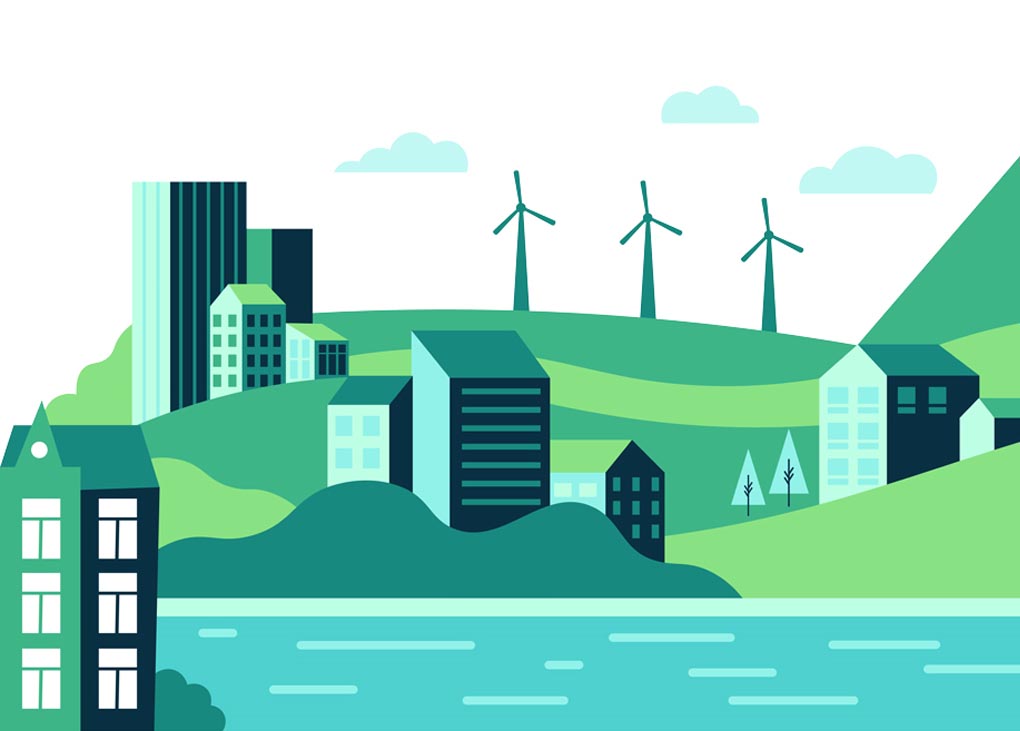
Net zero summit to focus on construction
The Net Zero Construction Summit will explore the policies, strategies, materials and technologies necessary to decarbonise construction.
-
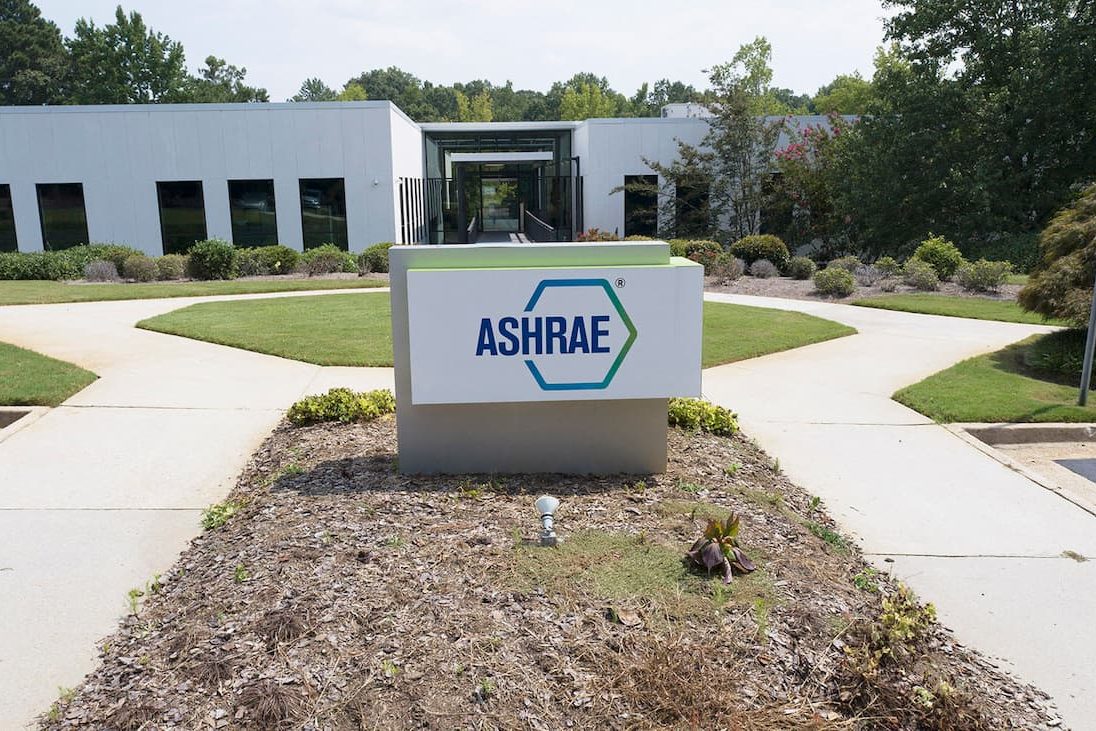
Updated ASHRAE standard highlights decarbonisation
The latest version of ASHRAE’s energy efficiency standard for existing buildings has expanded its scope to focus on building decarbonisation.
-
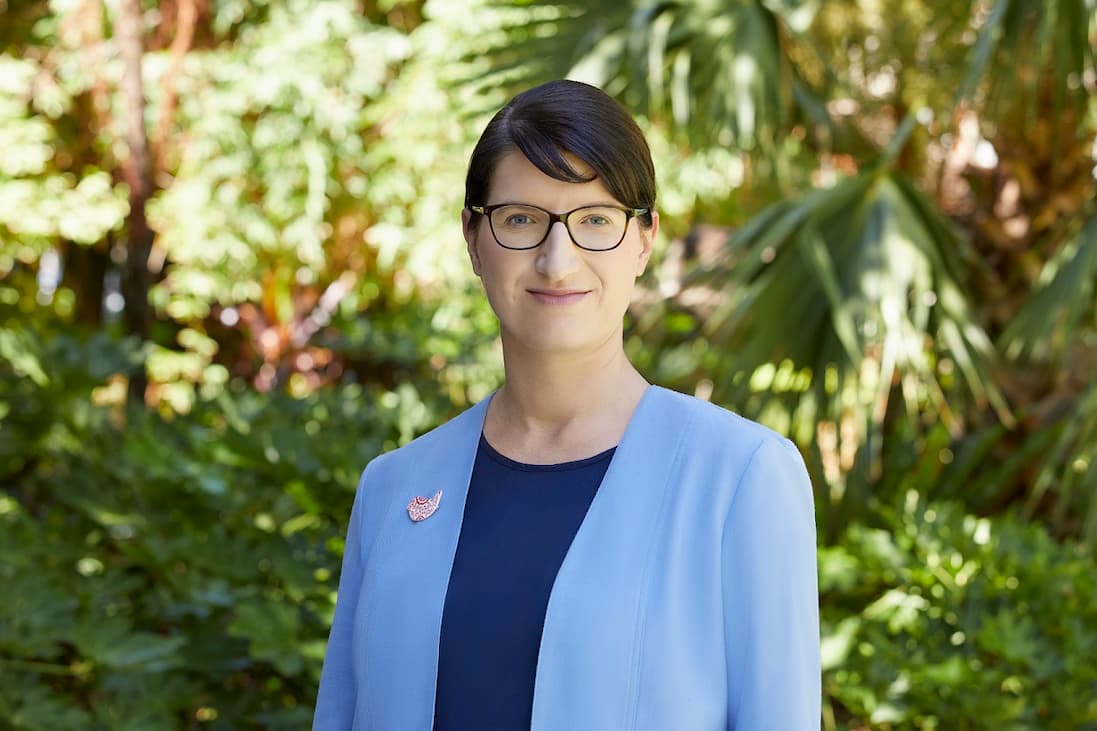
Cundall releases A-Z sustainability glossary
Global multi-disciplinary engineering and sustainability consultancy Cundall has released a glossary of sustainability terms.
-
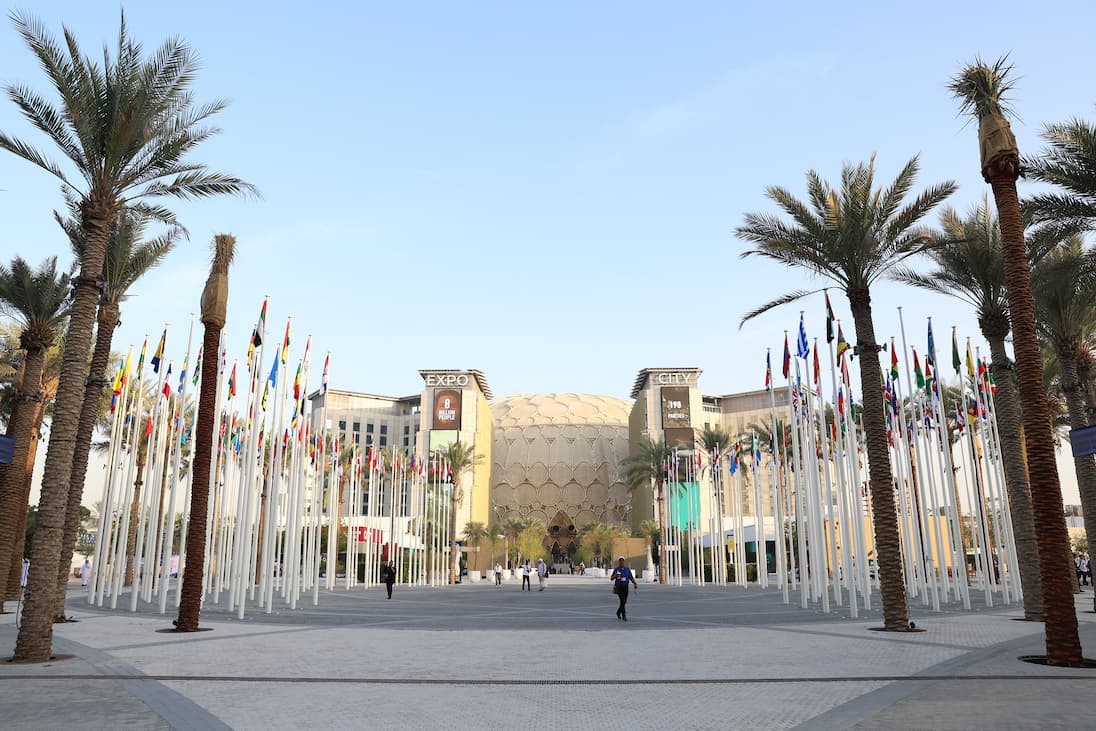
Peak bodies bring decarbonising message to COP28
A group of 18 peak bodies from the HVAC&R and sustainable construction industries around the world has written an open letter to government representatives attending the COP28 summit in Dubai from November 30 to December 12. The letter urges governments to consider the significant carbon impact of the global building industry and the need to […]
-
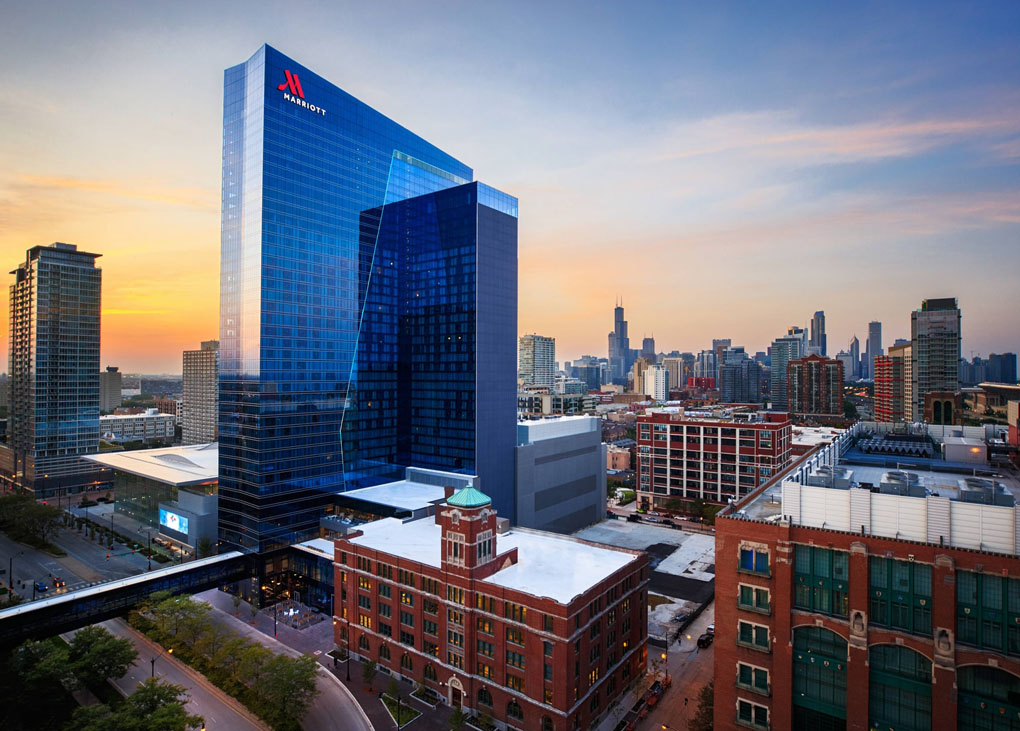
ASHRAE Winter Conference unveils technical program
ASHRAE has revealed the preliminary technical program for its 2024 ASHRAE Winter Conference, taking place January 20–24 next year in Chicago. Boasting a focus on addressing the pressing challenges of decarbonisation and climate change, the conference will feature 11 technical tracks and more than 100 sessions, offering attendees a wealth of knowledge and insights. […]
-
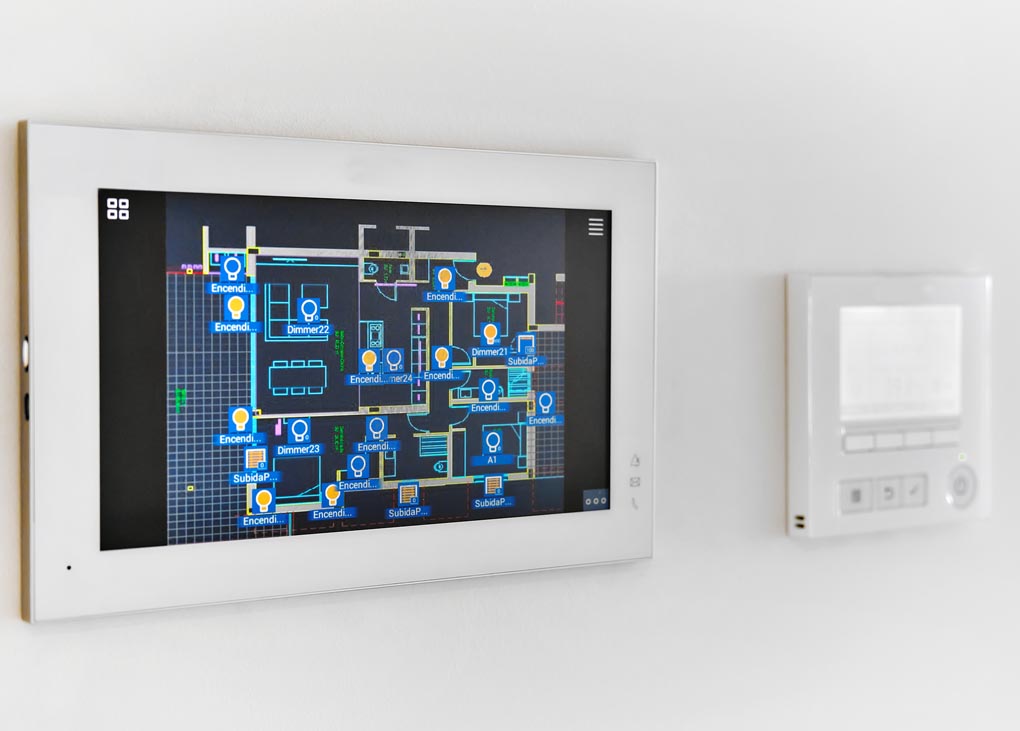
Ramping up flexible demand in Australia
One of the big challenges Australia faces as the grid decarbonises is how to ensure reliable supply from intermittent renewable energy sources. Alongside this challenge is a big opportunity: the potential to use distributed energy resources (DERs) in buildings, such as HVAC systems, electric vehicles and batteries to manage demand. This has the threefold benefit […]
-
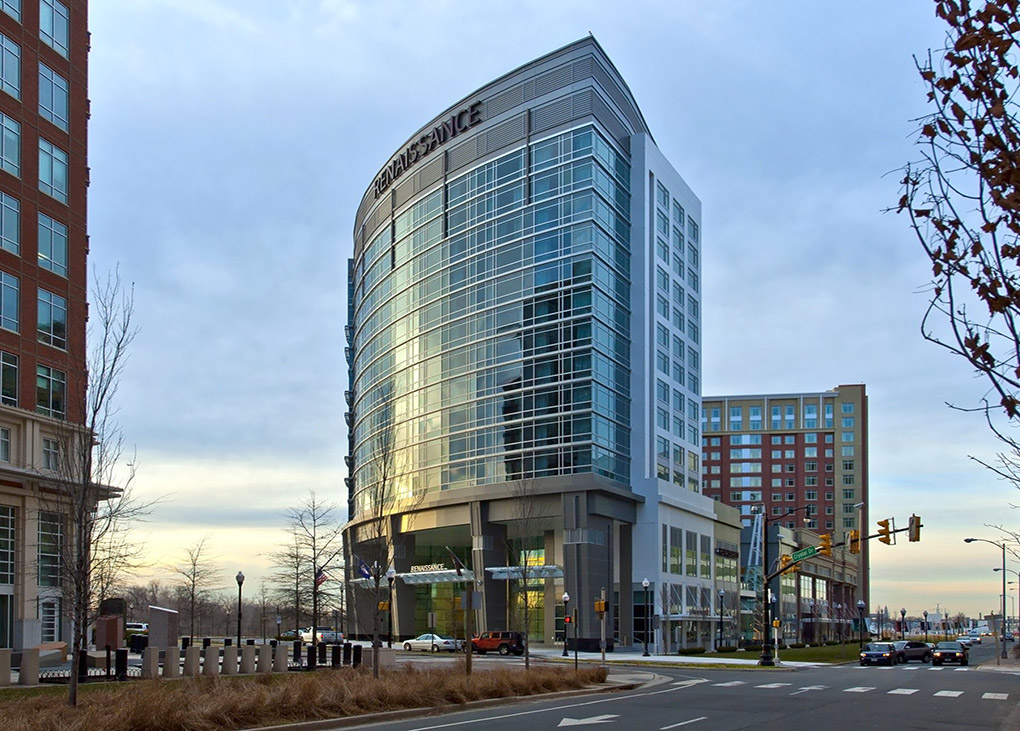
ASHRAE calls for conference presentations
ASHRAE is now accepting presentation proposals for the 2023 Decarbonization Conference for the Built Environment, slated for October 25–27, 2023 Washington DC at the Renaissance Arlington Capital View Hotel. The conference is organised by ASHRAE, the American Institute of Architects (AIA), International Facility Management Association (IFMA), APPA, and the Building Owners and Managers Association (BOMA). […]
-
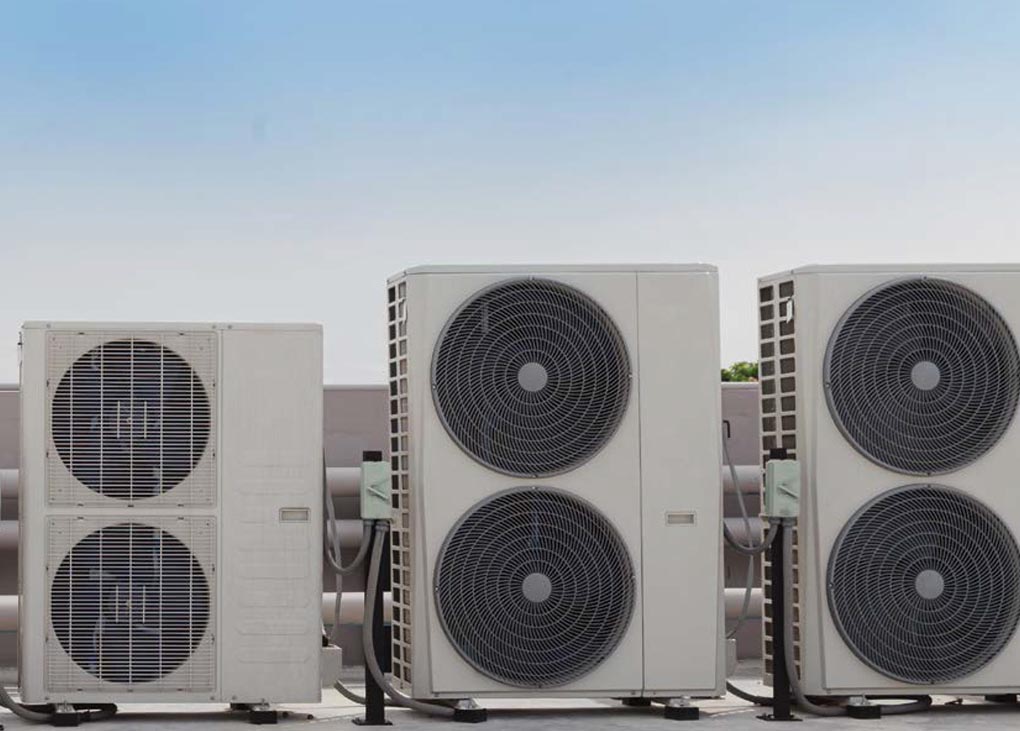
Harnessing heat pumps could deliver huge savings
The Energy Efficiency Council (EEC) and the Australian Alliance for Energy Productivity (A2EP) have released a report that reveals the huge potential energy and emissions savings offered by heat pumps in Australia. Harnessing heat pumps for net zero: The role of heat pumps in saving energy and cutting emissions spotlights the critical role of heat […]
-

Final report from ASHRAE Global HVAC&R Summit released
The final report from the ASHRAE Global HVAC&R Summit held in Istanbul, Turkey last October has been released by the US-based engineering association. “The Summit was designed to create an environment of collaboration and strategic dialogue to address the critical issues of the day, which were determined via the results of an international survey developed […]
-
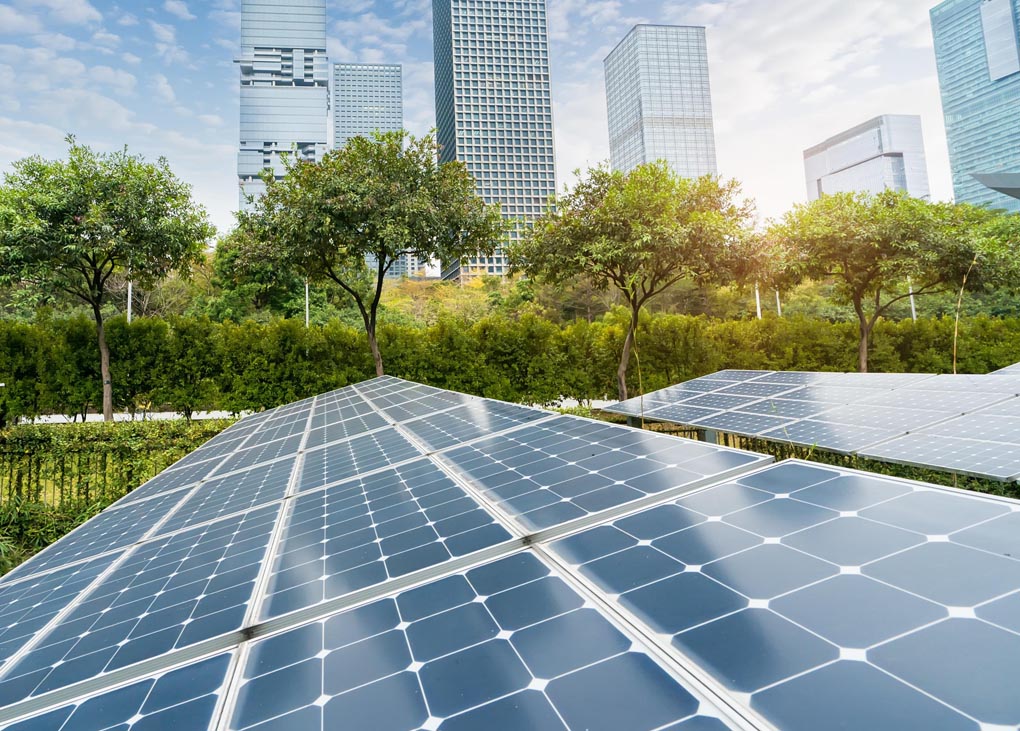
Electrification the clear pathway to net zero
A new report from the Australian Sustainable Built Environment Council (ASBEC) confirms 100 per cent electrification is the lowest cost, fastest emissions reduction pathway for Australia’s built environment. Unlocking the pathway: Why electrification is the key to net zero buildings finds electrification would save $49 billion between 2024 and 2050 over the “business as usual” […]
-

Building industry ready to lead decarbonisation efforts
A coalition of 25 major building industry organisations has issued a statement at COP27 pledging to assume a leadership role in decarbonisation efforts in the built environment. The statement, the Building Industry Steps Up to Address Climate Change, is addressed to government representatives that are parties of the United Nations Framework Convention on Climate Changes […]
-
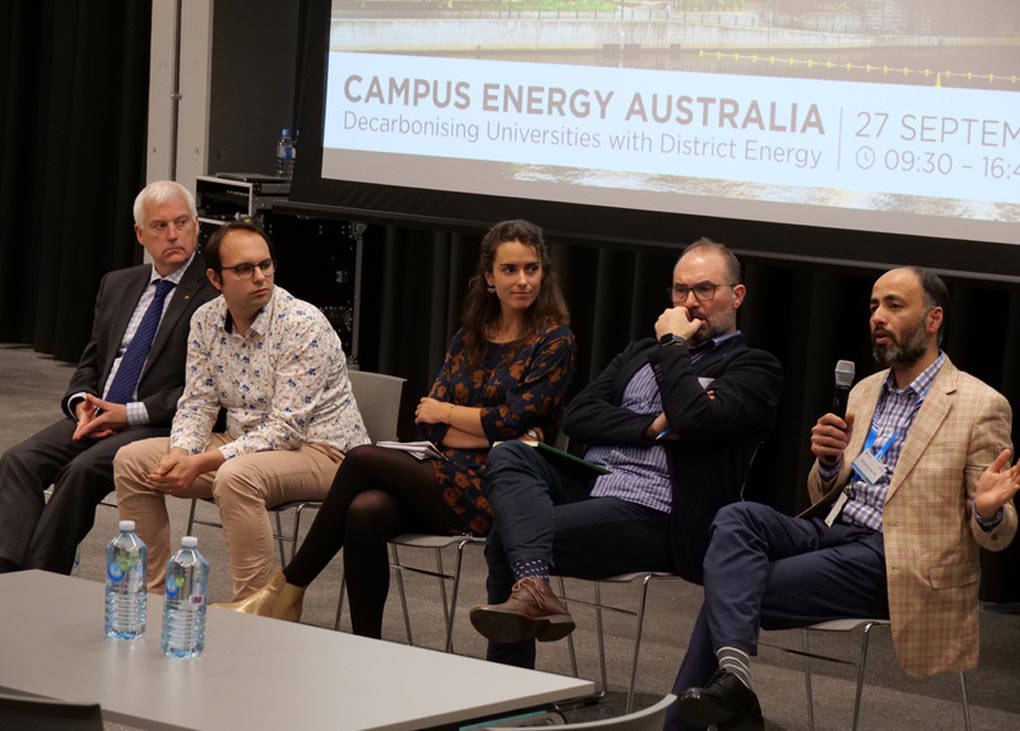
Decarbonisation promise of district heating and cooling
District heating and cooling (DHC) was the focus of a full-day event held recently in Melbourne, which explored the potential of this technology. DHC systems are local energy networks provide heating and cooling to buildings in a district. They do this by supplying hot water or steam for heating systems, and chilled water for air […]
-

Hydrogen not the future for home heating
A review of independent studies on the use of hydrogen for heating has delivered a damning verdict for the idea that we may one day replace our existing gas network with a hydrogen network. The evidence review, undertaken by energy influencer Dr Jan Rosenow, looked at 32 independent studies. These were conducted at international, regional, […]
-
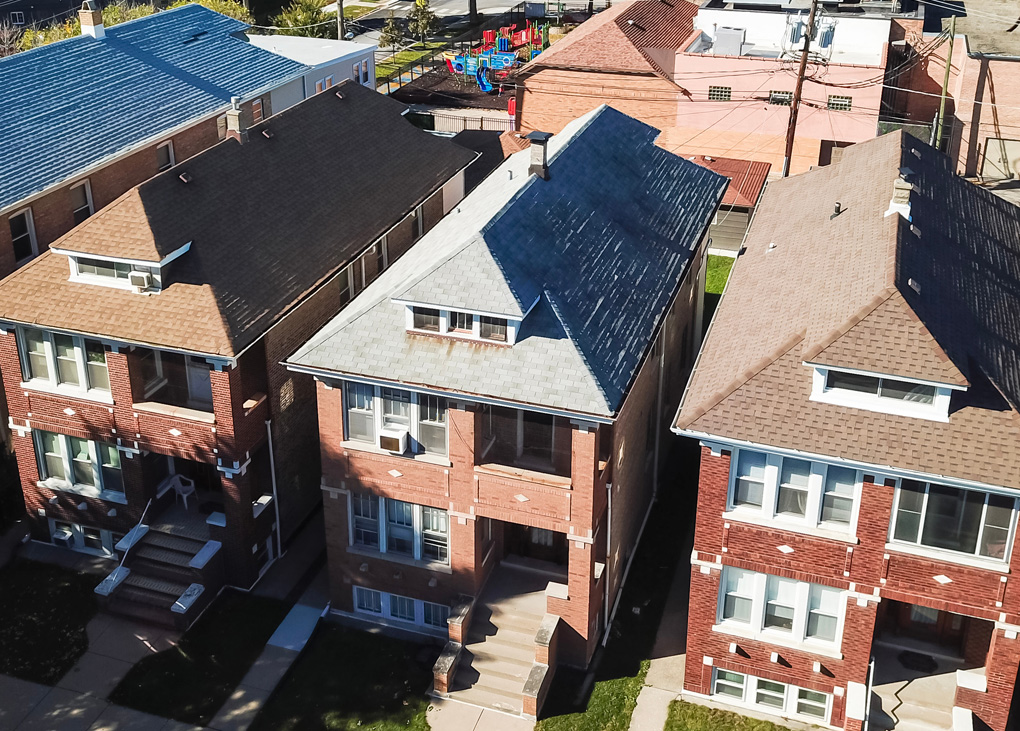
US report makes compelling case for heat pumps
A new report focusing on heating and cooling in US homes argues that transitioning from the existing heating systems and one-way air conditioners to two-way heat pumps could slash emissions CO2 emissions by 67Mt and cut national heating costs by US$13.6 billion. The report, Combating High Fuel Prices with Hybrid Heating, advocates for households to […]
-
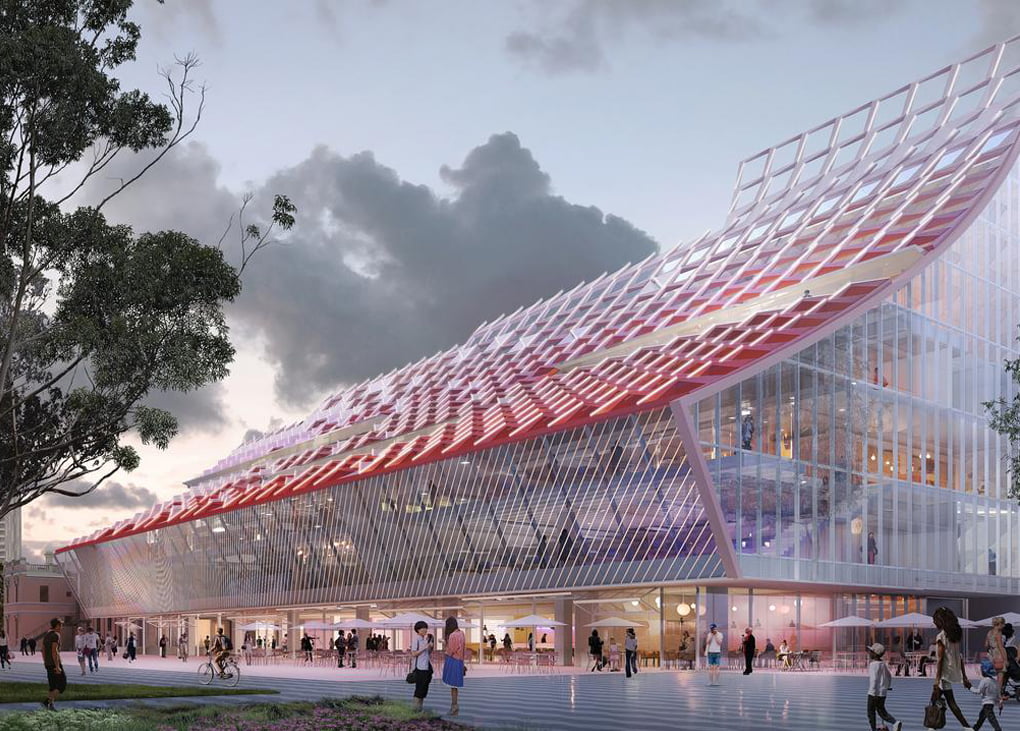
GBCA releases guide to an all-electric future
The Green Building Council of Australia (GBCA) has published a guide that presents a compelling case for moving away from gas in new buildings – and lays out a straightforward method for doing so. Launched at the GBCA’s recent TRANSFORM conference, A Practical Guide to Electrification outlines the steps involved in delivering an all-electric new […]
-
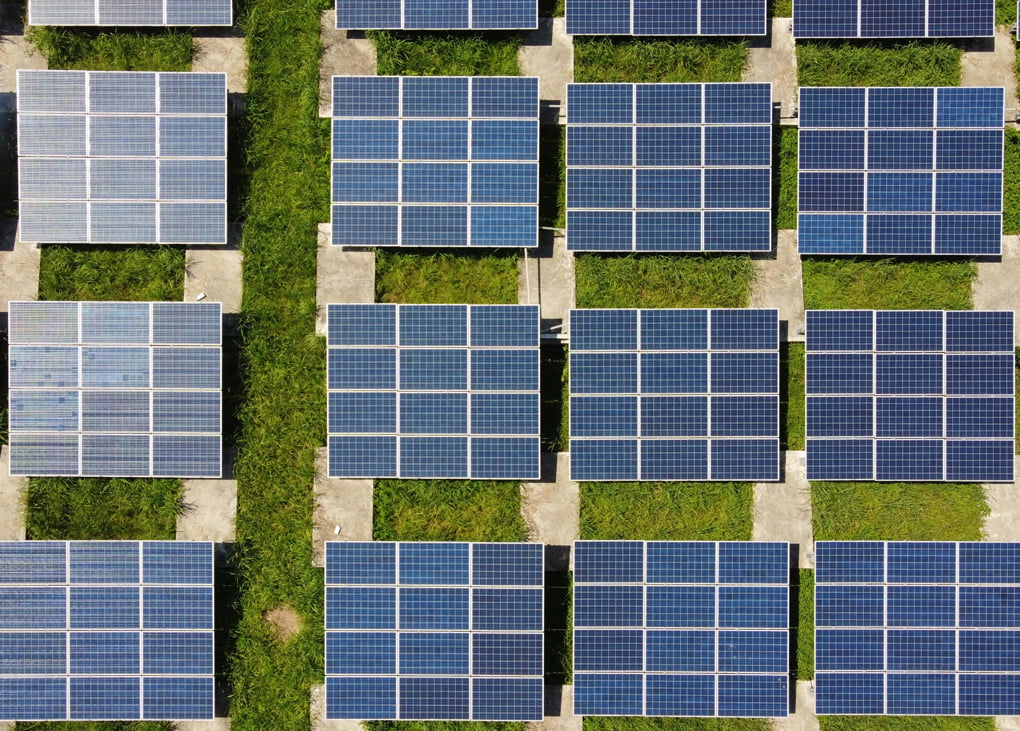
Energy experts urge Australia to ‘electrify everything’
A report released by Rewiring Australia, a new energy think tank, shows that Australian households could vastly reduce their energy bills through electrification, and cut domestic emissions by around one-third by 2030. Rewiring Australia’s inaugural report, Castles and Cars: savings in the suburbs through electrifying everything presents new modelling, which shows electrification will save the […]
-
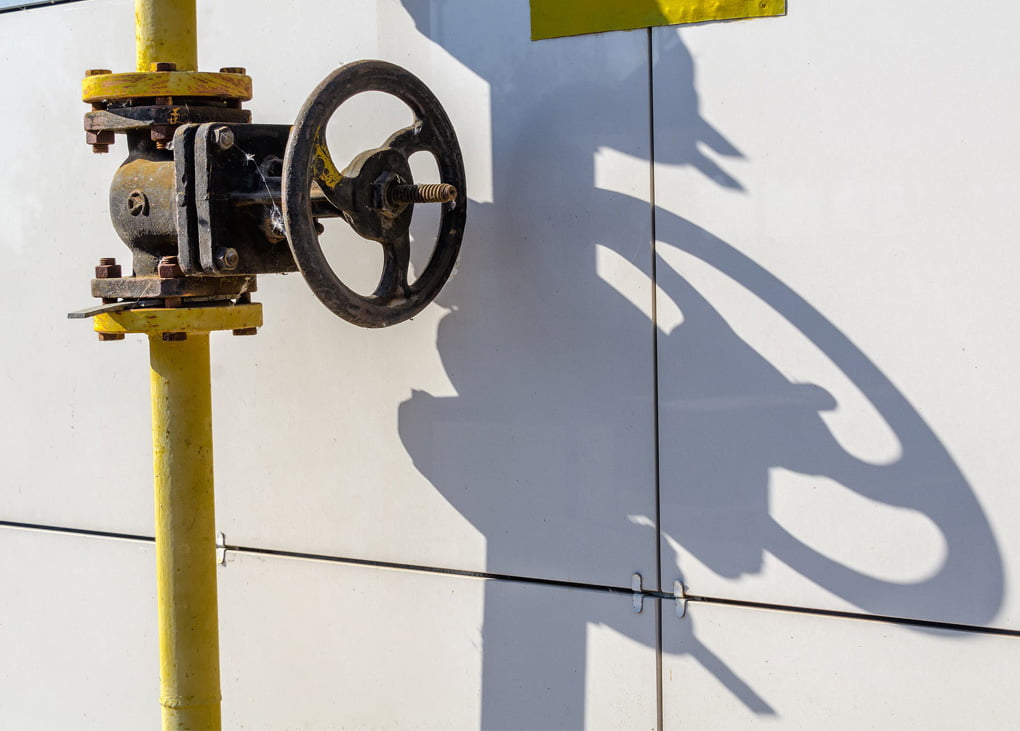
Victoria seeks input on gas substitution roadmap
The Victorian government is seeking community and industry input to help inform Victoria’s gas substitution roadmap and assist the gas sector to reach net zero emissions. The roadmap will detail the transition pathways and identify policy mechanisms to achieve Victoria’s emissions reduction targets through reduced fugitive emissions, more efficient use of gas, electrification and increased […]
-
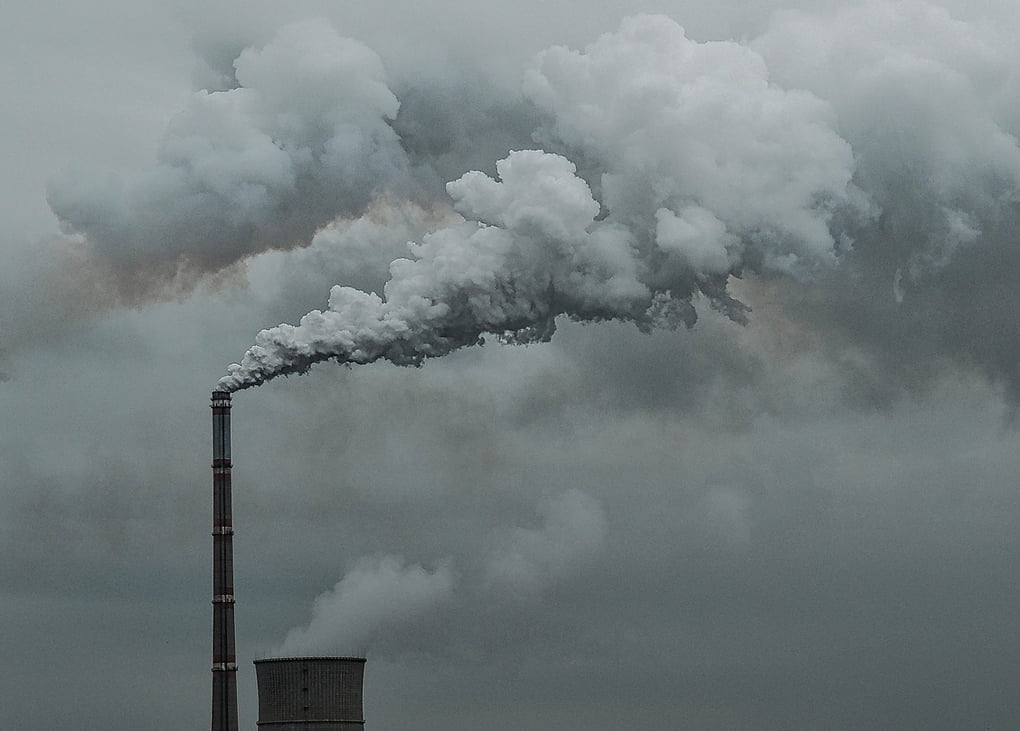
European heating industry transition: 2020–2030
Building Services Research and Information Association (BSRIA) is hosting a free webinar on June 30, exploring insights gained from a study titled “HVAC 2030: paths to decarbonisation of the residential heating market”. During the study, BSRIA researched the expansion of heating products during the transition period 2020–2030 in three of the major heating markets in […]
-
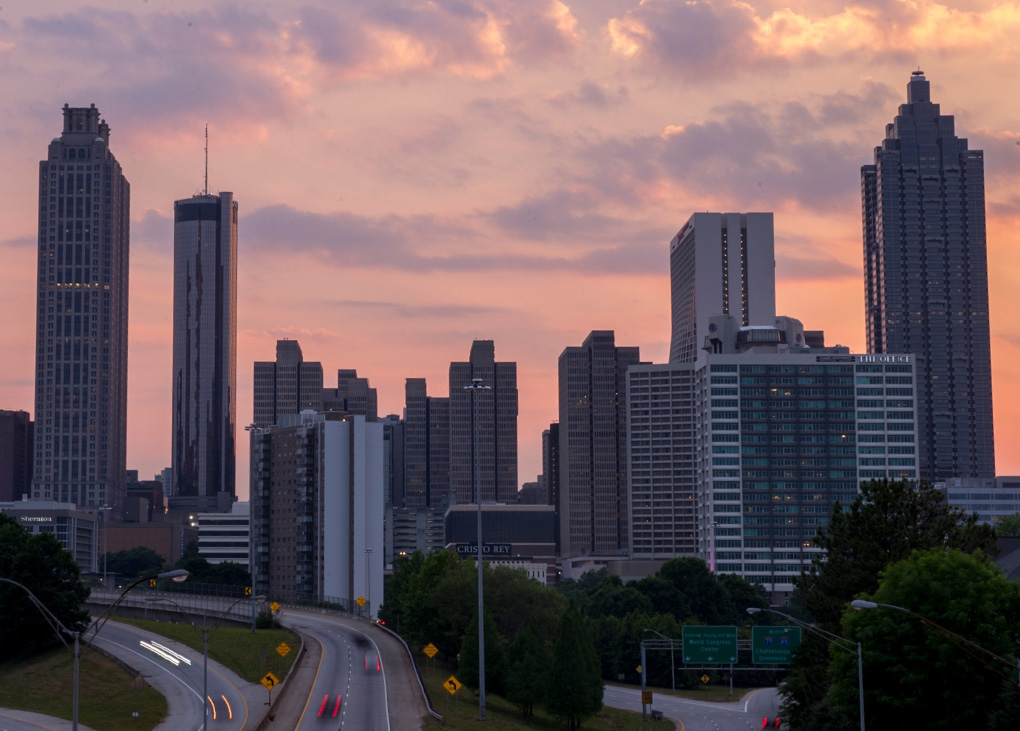
ASHRAE forms task force for building decarbonisation
ASHRAE has formed a task force to address climate change through decarbonisation strategies for the built environment. The ASHRAE Task Force for Building Decarbonization (TFBD) has been established to develop technical resources and provide leadership and guidance in mitigating the negative carbon impact of buildings on the environment and the inhabitants of our planet. “In […]
-

Changes imminent for NABERS Energy Ratings
NABERS Energy Ratings are set to change from July 1 this year to reflect the increasing decarbonisation of the grid. There are also plans to introduce a formal definition of “net zero” and recognise buildings that achieve this standard. Corine Mulet is Technical Projects Manager at NABERS and presented a session on the changes as […]